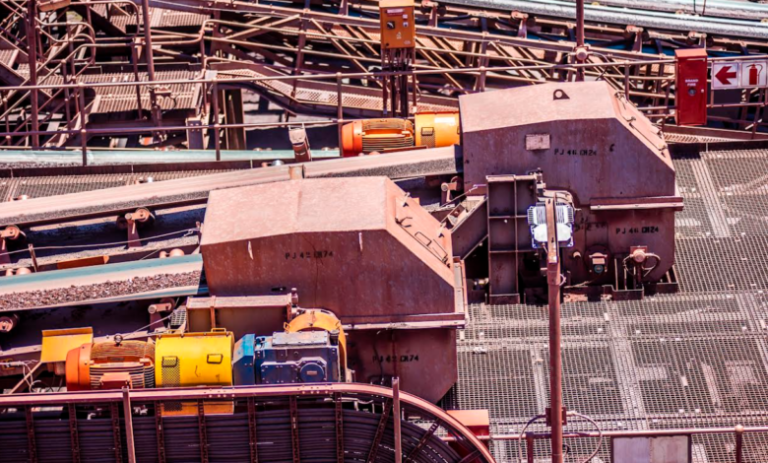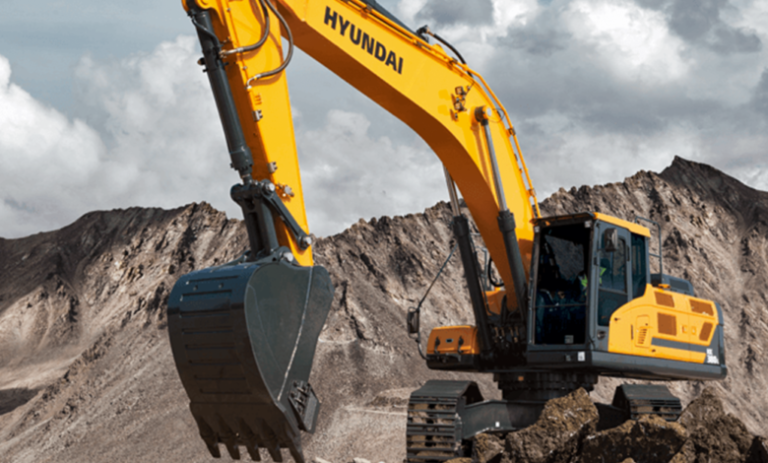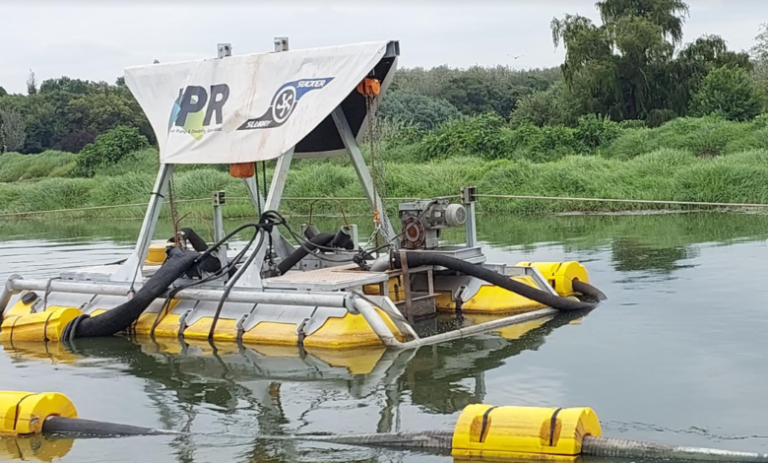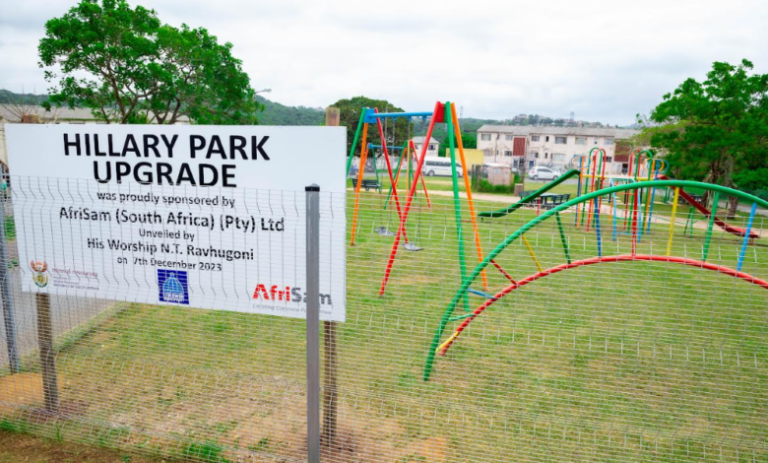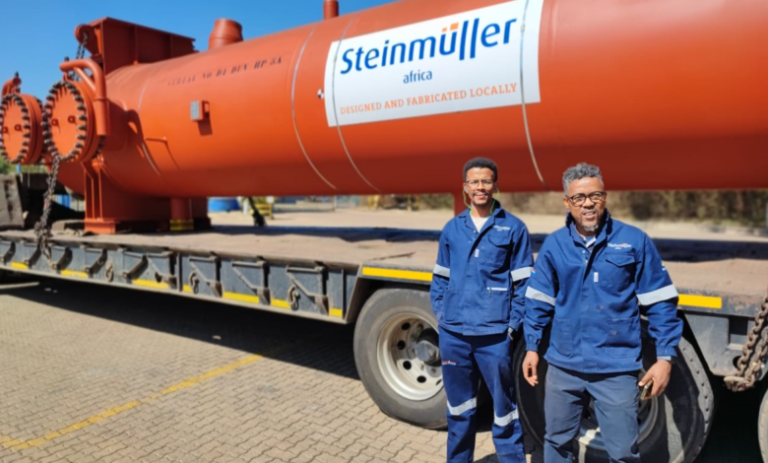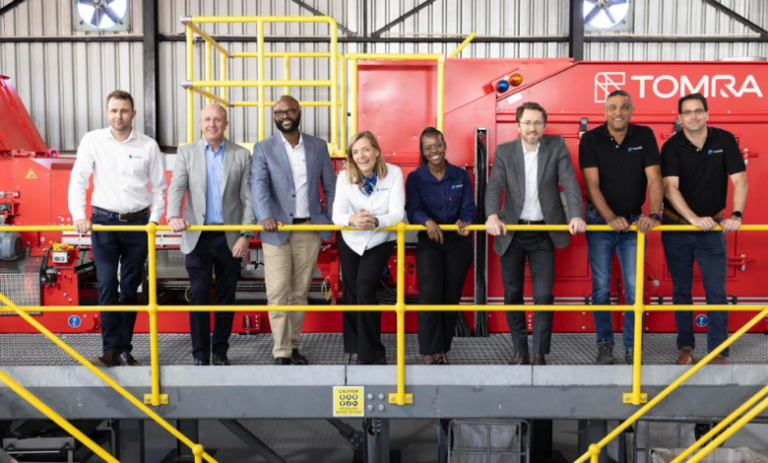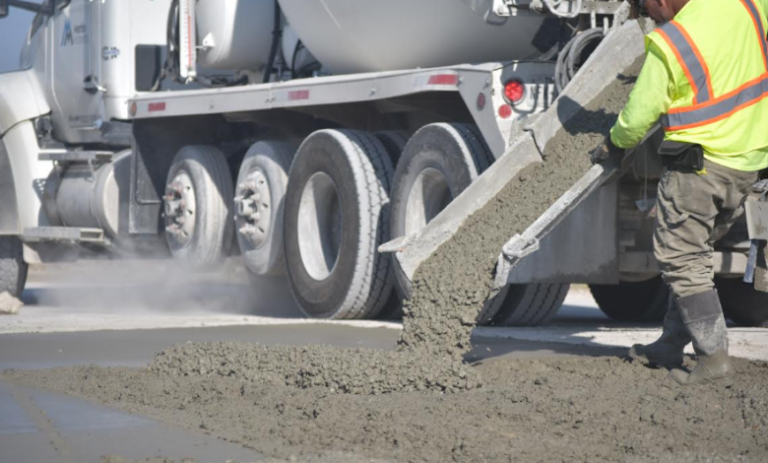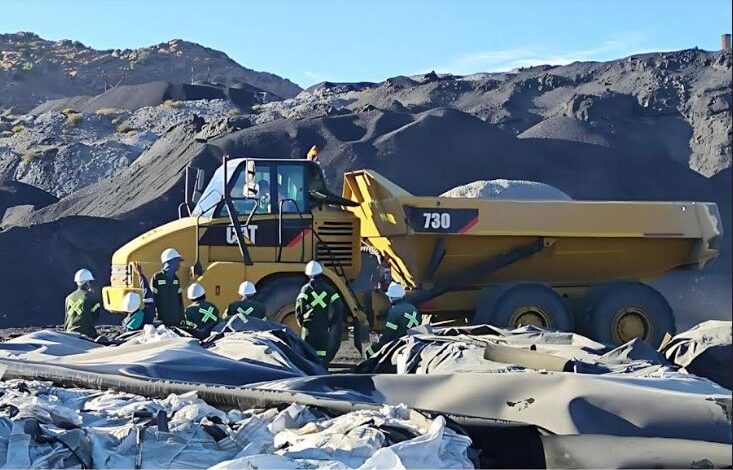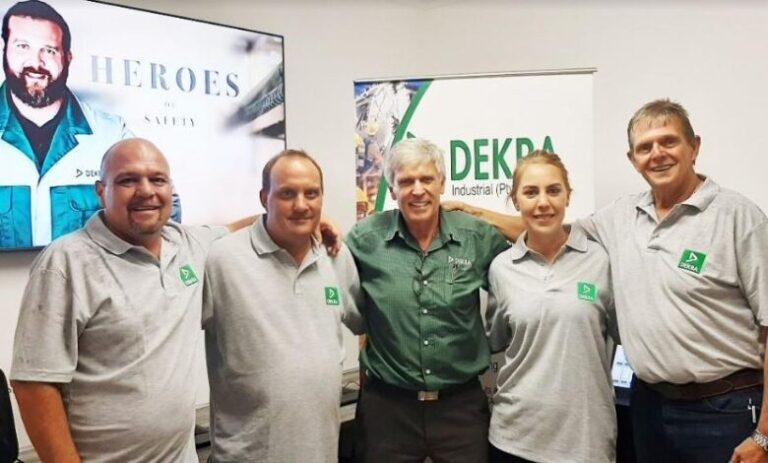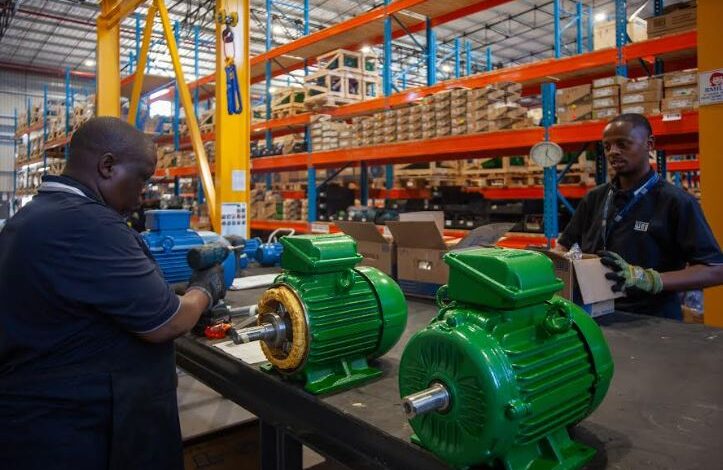In bulk materials handling applications, the uncontrolled discharge from conventional chutes can lead to increased maintenance and replacement costs, as well as decreased productivity.
Recognising these challenges, companies around the world, both large and small, have adopted Weba Chute Systems, a choice which represents a shift towards greater efficiency and less downtime. Mark Baller, CEO of Weba Chute Systems, explains that there is a growing consensus across the globe that incorporating custom-engineered transfer chutes is paramount.
“There are still some that overlook the significance of transfer points that are engineered for specific application requirements, ranking them below screens, crushers or feeders in the process hierarchy. Baller points out a critical misconception that undermines operational efficiency: the notion that initial savings from inexpensive inferior chutes outweigh long term costs.” This approach is flawed, “he argues,” “as it inevitably leads to higher operational expenditure due to frequent maintenance, and in some cases unscheduled downtime.”
Highlighting the benefits of custom-designed solutions, Baller notes, “Proper initial design significantly lowers maintenance needs, improves material transfer, extends conveyor belt lifespan and boosts throughput. Moreover, our chutes are engineered to minimise environmental impact, reducing airborne dust and enhancing workplace health and safety.”


